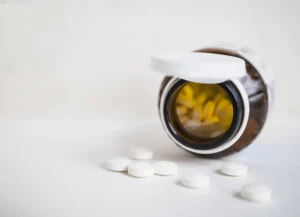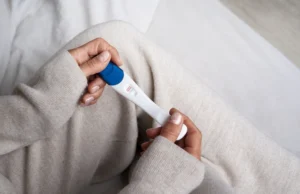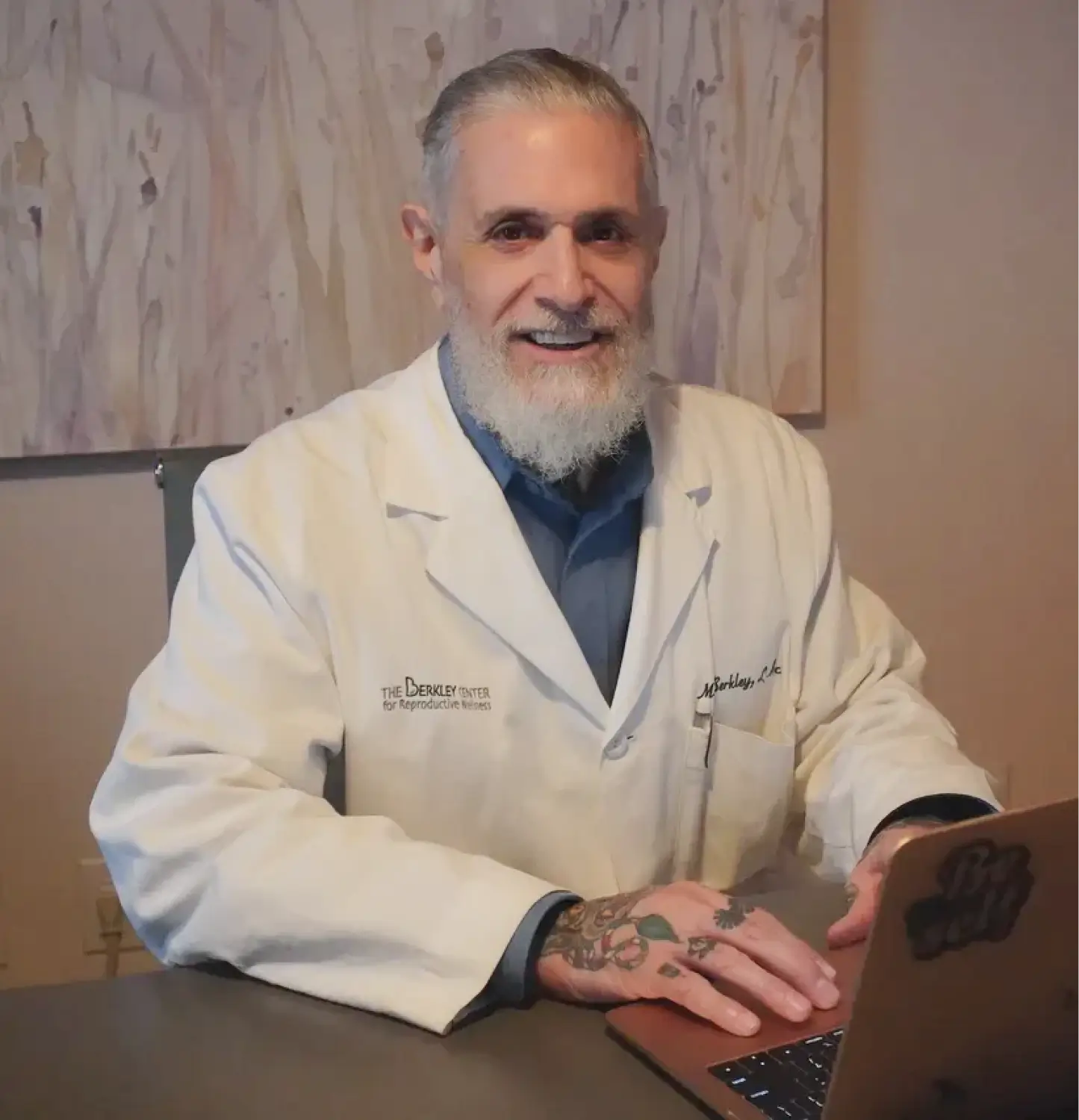Dehydroepiandrosterone (DHEA) is a naturally occurring steroid hormone produced mainly by the adrenal glands and, to a lesser extent, the ovaries. As a precursor to sex hormones like testosterone and estrogen, DHEA plays a vital role in reproductive health. Recent research, particularly by Dr. Norbert Gleicher and his team at the Center for Human Reproduction (CHR) in New York, highlights DHEA’s potential to enhance ovarian reserve in women with diminished ovarian reserve (DOR) or premature ovarian aging (POA). This blog explores why and how DHEA can improve ovarian reserve, drawing on Gleicher’s groundbreaking data.
Ovarian reserve refers to the quantity and quality of a woman’s remaining eggs, which naturally decline with age or due to conditions like DOR or POA. Women with DOR often face challenges in achieving pregnancy, as they have fewer eggs and may produce lower-quality embryos during in vitro fertilization (IVF). Dr. Gleicher’s research focuses on improving fertility outcomes for these women, particularly those over 40 or with premature ovarian aging, by leveraging DHEA supplementation.
DHEA is a promising tool for enhancing ovarian reserve because it supports the production of androgens, such as testosterone, which are essential for early follicle development in the ovaries. Women with DOR often have low androgen levels, which can hinder follicle growth and lead to poor egg quality. By supplementing with DHEA, women can optimize their ovarian environment, improving both the quantity and quality of eggs. According to Dr. Gleicher’s studies, DHEA offers several key benefits:

Dr. Gleicher’s research outlines several mechanisms by which DHEA improves ovarian function:
These findings suggest that DHEA acts as a “rejuvenating” agent for the ovaries, particularly in women with low androgen levels due to adrenal insufficiency. By optimizing the ovarian environment, DHEA supports healthier follicle development and better reproductive outcomes.
Dr. Gleicher’s pioneering work at CHR provides robust evidence for DHEA’s role in fertility:

DHEA supplementation is particularly effective for:
A typical dose is 75 mg/day (25 mg three times daily), adjusted based on monthly blood tests.
DHEA supplementation, backed by Dr. Norbert Gleicher’s extensive research, offers a promising approach for women with diminished ovarian reserve seeking to improve their fertility outcomes. By supporting folliculogenesis, increasing AMH levels, improving embryo quality, and boosting pregnancy rates, DHEA has become a cornerstone of fertility treatment for many patients.
With DHEA, many women are finding renewed hope on their fertility journey.
Purchase DHEA & other supplements here, and enjoy 10% off.

Mike Berkley, LAc, FABORM, is a licensed and board-certified acupuncturist and a board-certified herbalist. He is a fertility specialist at The Berkley Center for Reproductive Wellness in the Midtown East neighborhood of Manhattan, New York.
View all posts